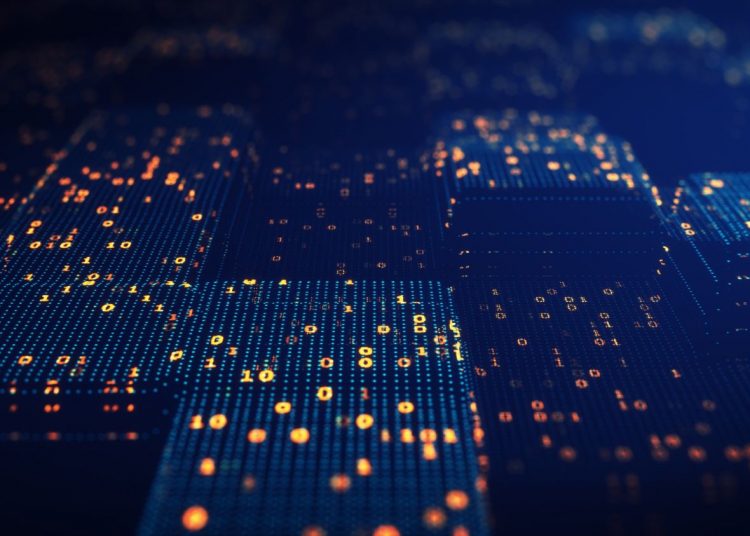In so many ways, the world is growing smaller. It is now easier than ever to interact with business associates, sell or purchase goods or create digital assets like NFTs. The driving force behind all this is the introduction of blockchain technology.
We can credit Blockchain technology for the growth and development of Non-fungible Tokens, or NFTs. For those tech newbies, blockchain refers to a decentralized digital ledger where every transaction is recorded securely and transparently. Each block in the chain contains a previous block’s hash, creating an unbreakable information chain. Because it is decentralized, no single entity controls the blockchain, which ensures that the information it carries is secure and resistant to tampering or hacking.
NFTs, on the other hand, are digital tokens that represent unique, one-of-a-kind assets, like art, music, videos, or even tweets. NFTs are different from fungible assets, like cryptocurrencies, because each NFT is unique in its creation. You cannot exchange one NFT with another as you can with cryptocurrencies. You can either purchase or sell an NFT. The NFTs’ uniqueness from other fungible assets adds value to NFTs.
Several artists, collectors, and investors, including clothing and footwear designers, see NFTs’ potential to transform how we buy, sell, and trade digital assets.
The following article explores the role of blockchain in the future of NFTs.
The Future Of NFTs And Blockchain
As the popularity of NFTs grows, blockchain’s role in their future will emphasize their importance. Blockchain technology already provides the foundation for NFTs, ensuring their authenticity, ownership, and interoperability. But there is still much room for growth and development in this space.
One area we will see blockchain used more extensively in NFTs is the creation of decentralized autonomous organizations (DAOs). DAOs are organizations run entirely on the blockchain, with community voting making decisions. In the context of NFTs, individuals can use DAOs to govern the distribution and use of NFTs, providing a more democratic and decentralized way of managing digital assets.
Another area of potential growth is using blockchain for fractional ownership of NFTs. Fractional ownership would enable multiple buyers to own a share of an NFT, allowing for more widespread ownership and making it easier for smaller investors to participate in the NFT market.
Here are more ways blockchain plays a role in the future of NFTs;
Assurance Of Authenticity And Ownership
A significant benefit of using blockchain for NFTs is the assurance of authenticity and ownership. Blockchain provides each NFT buyer with a permanent and immutable record of ownership. The ownership record verifies the authenticity and ownership of each NFT bought. It further proves that buyers and sellers can protect their creations against duplication or forgery.
Smart Contracts And NFTs
The use of smart contracts is another crucial feature of blockchain technology. In essence, smart contracts are blockchain programs that automatically execute when the programs meet certain conditions. In NFTs, individuals can use smart contracts to facilitate the automatic transfer of ownership and payment when they sell an NFT. Smart contracts can remove the need for intermediaries, making transactions faster and more efficient.
Blockchain Allows For Greater NFT Transparency
Blockchain technology provides individuals with a high level of transparency in NFT transactions. The blockchain records every transaction made, with the transaction details visible to anyone who has access to the blockchain. This level of transparency makes it easier to track each NFT’s history and verify its authenticity and ownership.
Blockchain Allows For Interoperability
Blockchain allows for greater interoperability between various NFT marketplaces and platforms because it is decentralized and not tied to any specific forum or marketplace. NFTs are more accessible and easier to trade because NFT sellers can easily transfer them between the various platforms.
Conclusion
Blockchain technology will inevitably play a significant role in the future of NFTs. As we look to the future, we will likely see more innovative blockchain uses in the NFT space, and it will be fascinating to see how these developments transform how we buy, sell, and trade digital assets. The potential of blockchain in the future of NFTs is vast, and it is evident that its possibilities are limited only by our imagination.












